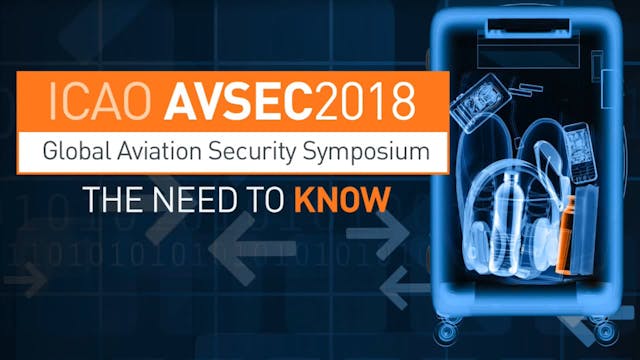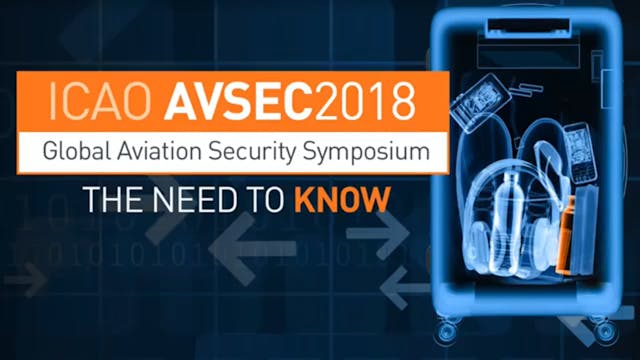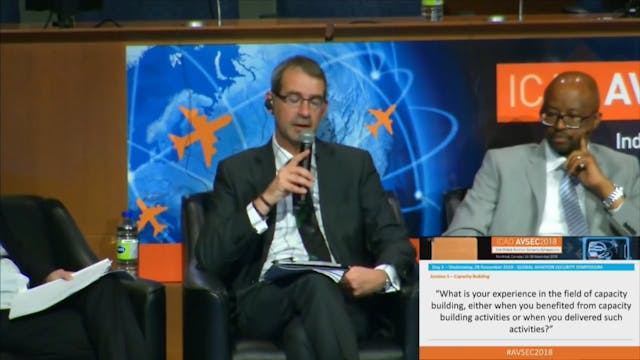Robust application of enhanced security measures depends on engagement of the front line employees. Concerns about the ‘insider threat’ highlight the potentially negative implications of providing detailed information to an employee who has been corrupted. Participants will discuss the positive and negative consequences of disseminating threat information to all employees involved in aviation.
Moderator
Mr. Bernard Lim, Senior Director, International Relations and Security Division, Ministry of Transport, Singapore
Panellists
Ms. Carla Pinto, Director, Facilitation and Security Bureau, Portuguese Civil Aviation Authority, Portugal
Mr. Nick Kaldas, Managing Director, Stratium Global
Mr. Ted M. Martin, Senior Aviation Security Inspector, Civil Aviation Authority, Trinidad and Tobago
Mr. Philip Baum, Visiting Professor, Aviation Security, Coventry University
Up Next in AVSEC2018
-
AVSEC2018 Session 3 - Technology and ...
The aviation security regime is highly reliant on technology solutions to ensure accurate, expedient threat detection, but specific data are often highly classified. This impedes the ability of manufacturers to ensure new technology provides the necessary detection capabilities. During the dialog...
-
AVSEC2018 Session 4 - Quality Contro...
Because of the interconnected nature of commercial aviation, security shortfalls in one airport could be exploited by a terrorist to conduct an attack on another State. Panellists will debate the establishment of a stronger aviation security oversight regime focused on comprehensive countermeasu...
-
AVSEC2018 Session 5 - Capacity Building
The Global Aviation Security Plan (GASeP) implementation targets reflect increasingly more robust levels of security over the next 12 years. These goals can only be realized through partnerships between contributing and recipient Member States. During these discussions participants will explore h...



